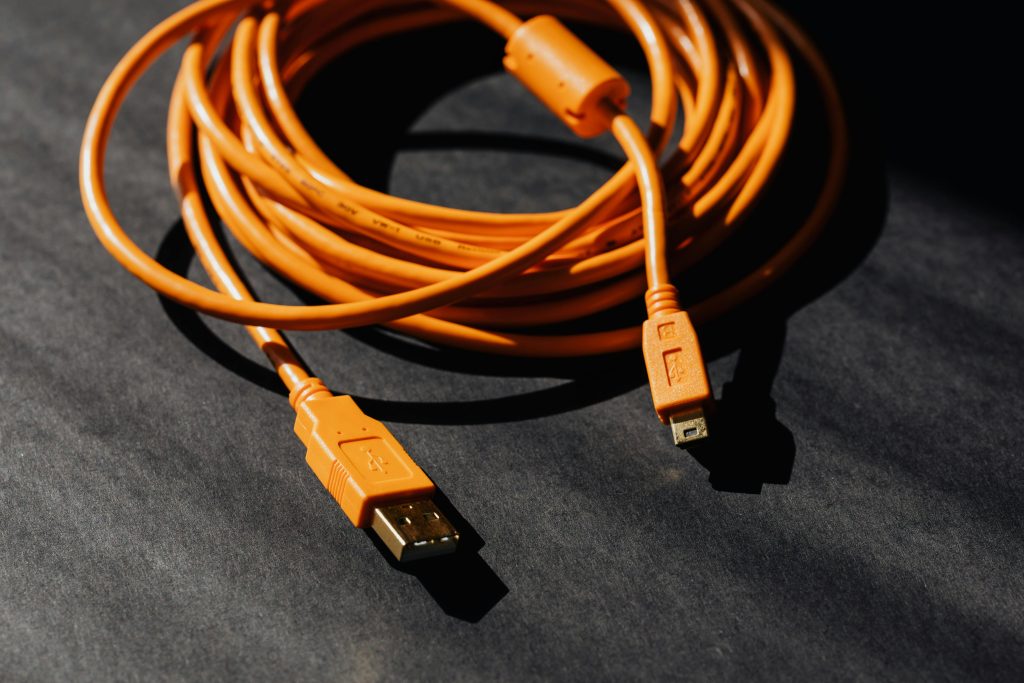The Perils of Neglecting Server Maintenance: A Cautionary Tale
Today, we encountered a significant issue when a customer’s server failed, resulting in the loss of critical information. Despite our repeated warnings over the past three years about the potential risks associated with neglecting server maintenance, the worst-case scenario unfolded.
Both hard disk drives (HDDs) on the server suffered catastrophic failures after years of inadequate performance. When I examined the server, the LED indicators were so faint that I initially assumed they were malfunctioning. The confusion extended to the drive error indicators as well, highlighting the severity of the situation.
I attempted to reconstruct the RAID 10 array, but unfortunately, the data on the remaining drive was too compromised for recovery. The last backup was taken just two days prior to the disaster, and while we’re diligently working to extract the most vital files, there is a strong possibility that even the backup may be corrupted.
The server was running on Windows Server 2008, which means we will need to set up a new Active Directory and transition all connected computers to the new system. This process won’t just be time-consuming; it will incur significant labor costs for our client.
One can’t help but wonder if it was worth it for the customer to rely on a server that far exceeded its average lifespan, ultimately leading to wasted weeks of productivity as we await the arrival of a new server, which must be assembled and set up in our workshop before we can install it on-site.
The overarching lesson here is clear: skimping on your company’s primary server can lead to dire consequences.
Additionally, I must mention that the condition of the server was alarming—I’ve never seen a server so dirty. It raised the question: Was someone lighting up in the server room?
In conclusion, maintaining your hardware and keeping up with updates is essential not just for the efficiency of operations but also for the protection of your valuable data. Investing in proper maintenance now can save significant costs and headaches later on.
Share this content:



